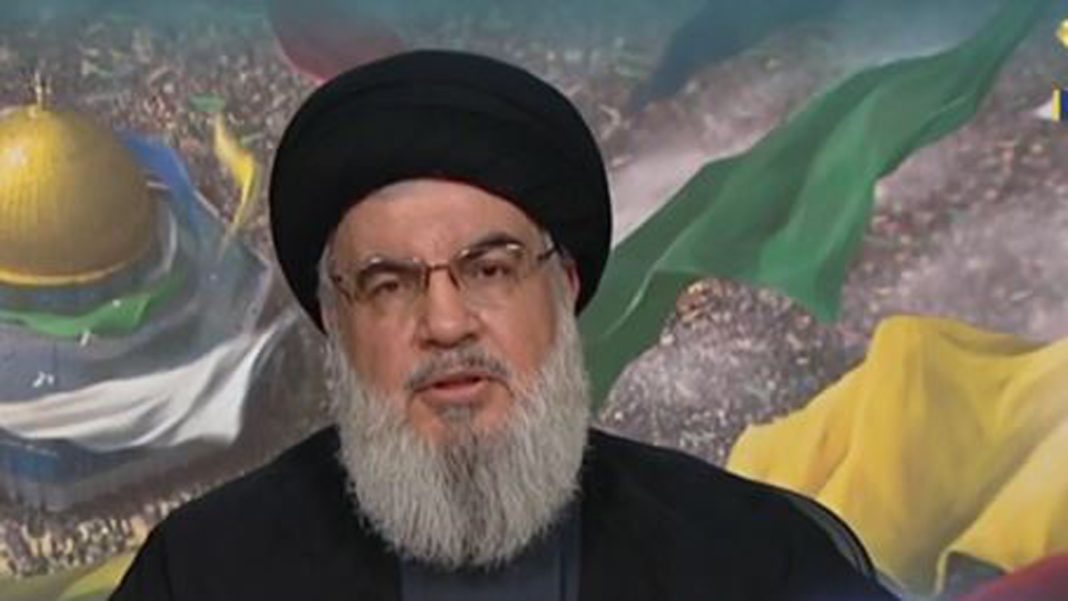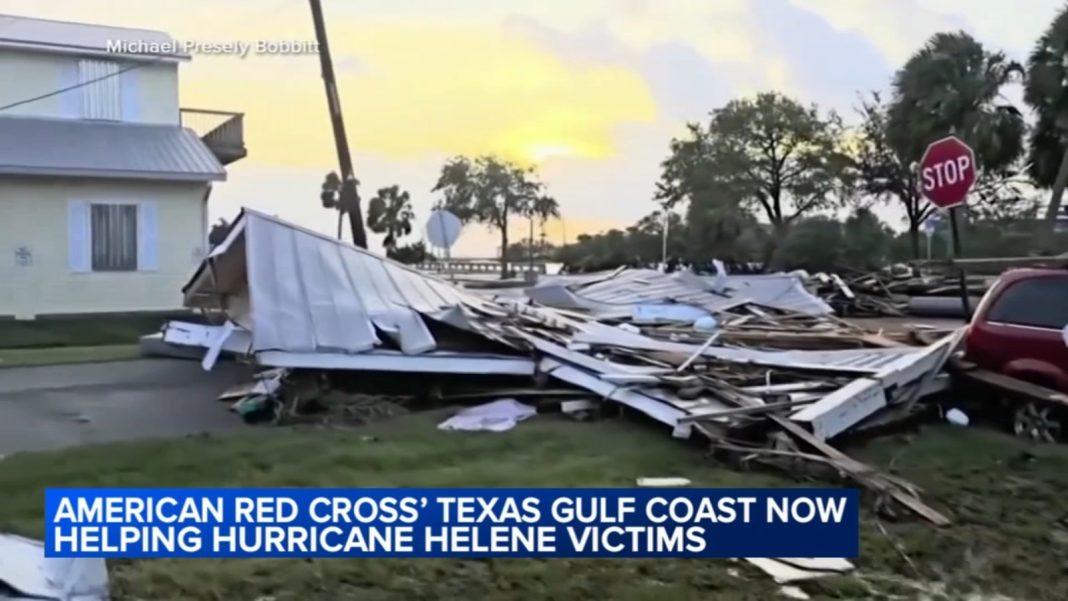The recent assassination of Hassan Nasrallah, the long-standing leader of Hezbollah, has sent ripples of shock across Lebanon and the broader Middle East. Confirmed by the militant group on Saturday, Nasrallah was killed during a targeted Israeli airstrike in a southern suburb of Beirut, a move that marks a significant escalation in the ongoing conflict between Israel and Hezbollah. For more than three decades, Nasrallah has been a pivotal figure in Lebanese politics and military strategy, linking him to numerous attacks on Israeli and Jewish targets. His death represents not only a personal loss for the group but a potential turning point in an already volatile region.
The airstrike, executed with precision by the Israeli military while Hezbollah leaders convened, has been characterized by Israeli Prime Minister Benjamin Netanyahu as a crucial step toward achieving strategic objectives. “He wasn’t just another terrorist; he was the terrorist,” Netanyahu asserted, framing Nasrallah’s elimination as key to restoring security for displaced Israelis and pressuring Hamas to release hostages held in Gaza. This rhetoric underscores the Israeli government’s commitment to a hardline stance amid rising tensions.
However, the implications of Nasrallah’s assassination extend far beyond Israel’s immediate military strategy. The Lebanese Health Ministry reported that the strikes resulted in six deaths and 91 injuries, with extensive damage to civilian infrastructure, including the destruction of several apartment buildings. As the dust settled in southern Beirut, a somber atmosphere enveloped the city, with mourners taking to the streets, firing weapons in tribute to their fallen leader. In the western city of Baabda, one grieving woman poignantly remarked, “Wish it was our kids, not you, Sayyid,” revealing the deep emotional ties many have with Nasrallah and the complex feelings surrounding his legacy.
The fallout from Nasrallah’s death has been immediate and profound. Hezbollah has vowed to continue its “holy war” against Israel and in support of Palestine, indicating that retaliation is likely. The group has already intensified its cross-border rocket attacks against Israel, a response initiated shortly after Hamas’s unprecedented assault on Israel earlier this month. This escalation has led to substantial displacement on both sides: over 200,000 Lebanese have fled their homes, while approximately 60,000 Israelis have been evacuated from communities near the Lebanese border.
International responses have also emerged, with Iran’s supreme leader announcing five days of public mourning for Nasrallah. The Iranian government is now under considerable pressure to react, balancing the need to support its ally without further inflaming an already precarious situation. Thomas Juneau, a professor at the University of Ottawa, highlighted Iran’s dilemma, suggesting that while military options are limited due to Israel’s conventional superiority, it must still respond to maintain credibility among its allies.
Meanwhile, Israel’s military leadership has signaled that this operation is just the beginning. Chief of Staff Lt. Gen. Herzi Halevi indicated that the killing of Nasrallah is “not the end of our toolbox,” hinting at further strikes and military actions planned against Hezbollah. This proactive stance aligns with Defense Minister Yoav Gallant’s assertion that the operation represents “the most important targeted strike since the founding of the State of Israel.”
As the situation develops, air raid sirens continue to disrupt life in central Israel, and the military has issued new guidelines restricting large gatherings due to ongoing threats. The cycle of violence shows no signs of abating, with Israel intensifying its strikes, including targeting missile storage facilities hidden beneath civilian structures.
In this tense landscape, the repercussions of Nasrallah’s assassination will likely reverberate for years to come. The future of Hezbollah, Israel, and the broader Middle East hangs in the balance, as each side grapples with the consequences of this pivotal moment. As analysts and military experts continue to assess the evolving dynamics, the region remains on edge, aware that each action may ignite further conflict in an already fragile environment.

